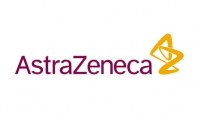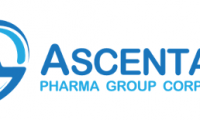-
Pfizer scores FDA nod for hemophilia B gene therapy, will charge $3.5M per dose
- Source: drugdu
- 88
- April 30, 2024
-
Enhertu Gets FDA Accelerated Approval for Unresectable, Metastatic HER2-Positive Solid Tumors
- Source: drugdu
- 131
- April 10, 2024
-
FDA Approves Alexion’s Voydeya as Add-on Treatment for Adults with Extravascular Hemolysis
- Source: drugdu
- 91
- April 4, 2024
-
Alexion’s Voydeya gains FDA approval for extravascular haemolysis
- Source: drugdu
- 131
- April 4, 2024
-
CanSinoBio Invited to Boao Forum for Asia 2024 Annual Conference
- Source: drugdu
- 138
- April 4, 2024
-
89bio wins EMA priority status for MASH candidate pegozafermin
- Source: drugdu
- 93
- April 2, 2024
-
Agile, responsive regulation helps early breast cancer patients to benefit from a study to potentially improve survival outcomes
- Source: drugdu
- 114
- April 1, 2024
-
AZ/Merck’s Lynparza approved by SMC to treat advanced prostate cancer in Scotland
- Source: drugdu
- 129
- March 20, 2024
-
AACR 2024 | Ascentage Pharma to Present Three Preclinical Studies at 2024 American Association of Cancer Research Annual Meeting
- Source: drugdu
- 99
- March 10, 2024
-
Drugmakers submit counteroffers to US Medicare pricing negotiations
- Source: drugdu
- 80
- March 8, 2024
your submission has already been received.
OK
Subscribe
Please enter a valid Email address!
Submit
The most relevant industry news & insight will be sent to you every two weeks.













